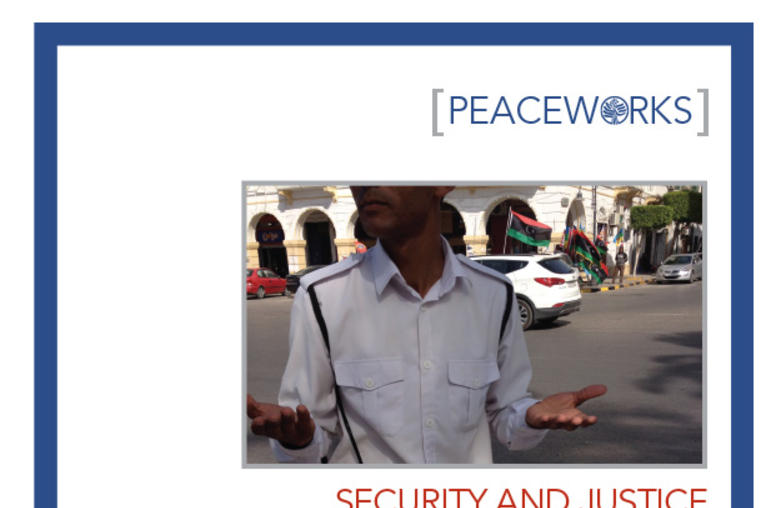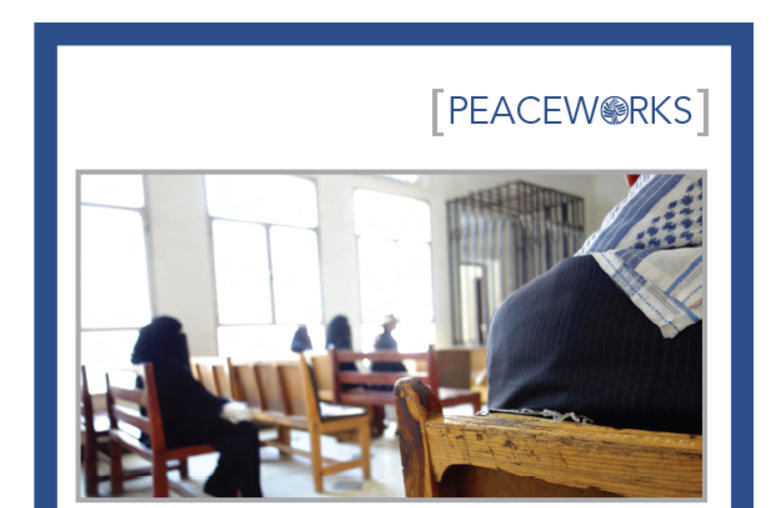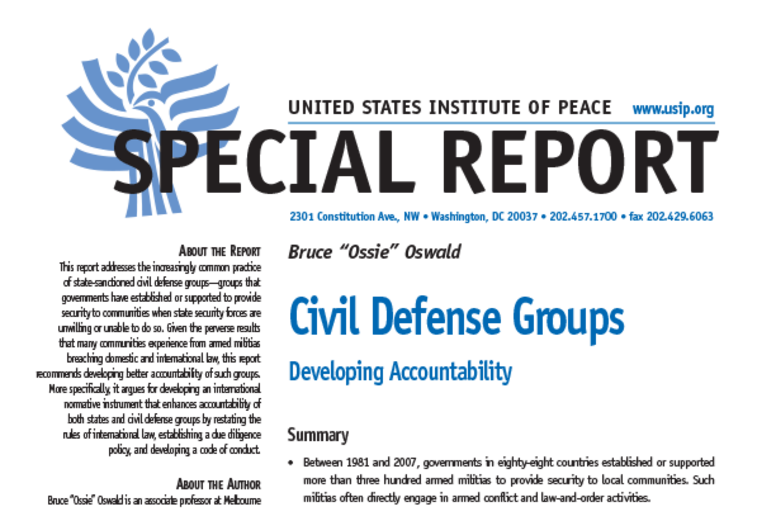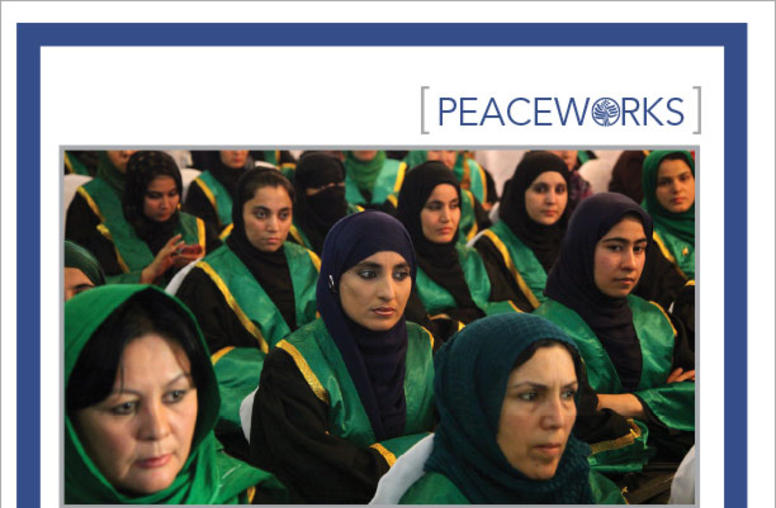Security Sector Reform: Where Do We Go From Here?
Security Sector Reform (SSR) is the fulcrum between war and peace in post-conflict states. Paradoxically, there is broad support for effective SSR, but limited agreement on the meaning of the term. In this inaugural meeting of USIP's SSR Working Group, A panel of experts discussed common defnitions, unifying principles, key concepts, planning guidelines, and best practices for SSR.
Security Sector Reform (SSR) is the fulcrum between war and peace in post-conflict states. It is the complex task of transforming the organizations and institutions that deal directly with security threats to the state and its citizens. At a minimum, the security sector includes actors directly involved in the protection of civilians and the state from violent harms (e.g., law enforcement or military), institutions that govern these actors (e.g., Ministries of Interior, Defense, Justice), and executive and legislative oversight bodies. The objective of SSR is to institutionalize a professional security sector that is effective, legitimate, apolitical, and accountable to the citizens it is sworn to protect.
Paradoxically, there is broad support for effective SSR, but limited agreement on the meaning of the term. The USIP Working Group will be composed of government, military, NGO, academic and private sector specialists who view SSR from their unique perspectives. The goal of the Working Group for the first year will be to develop common defnitions, unifying principles, key concepts, planning guidelines and best practices for SSR. The Working Group will also endeavor to support the U.S. government's work on SSR.
Speakers
- Nicole Ball
Center for International Policy - Colonel Gregory Hermsmeyer
Office of the Under Secretary of Defense for Policy - Michael Bittrick
U.S. State Deapartment - Sean McFate
Bipartisan Policy Center - Colette Rausch
U.S. Institute of Peace - Robert Perito, Moderator
U.S. Institute of Peace



